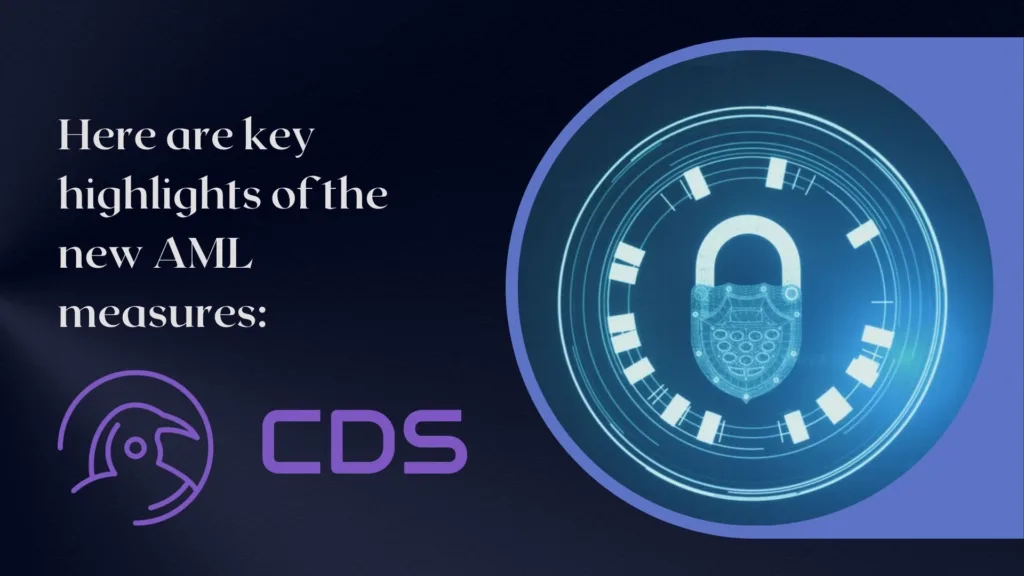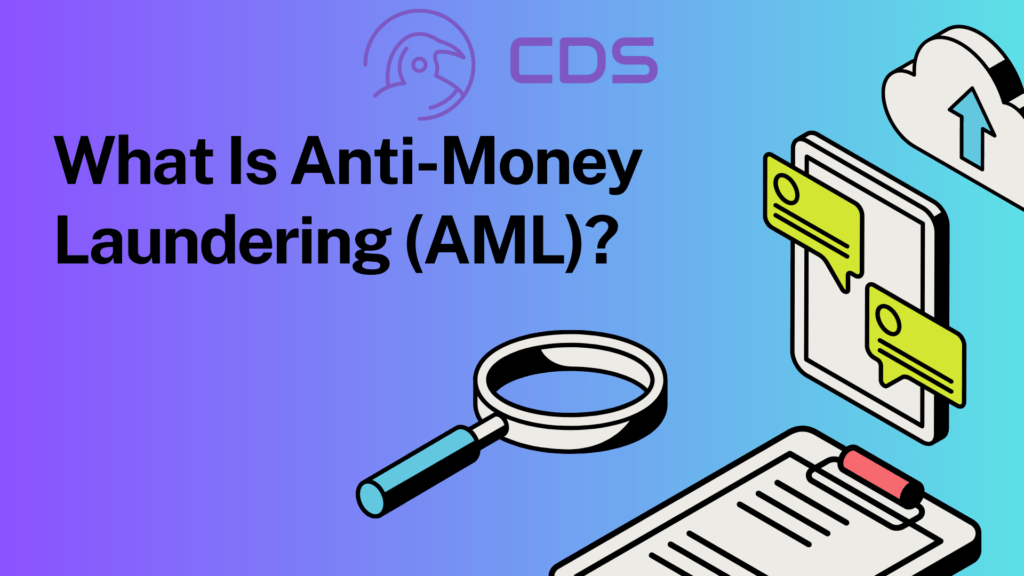Japan is planning to implement stricter measures for AML starting from June 1st
Japan’s Cabinet has decided to implement stricter anti-money laundering (AML) measures for cryptocurrency transactions starting from June 1, 2023. These measures aim to align Japan’s AML framework with global standards and curb the use of cryptocurrencies in illicit activities.
Under the new regulations, cryptocurrency exchanges and other businesses involved in cryptocurrency transactions will be required to gather more customer information, including names, addresses, and identification numbers. They will also be obligated to report any suspicious transactions to the relevant authorities.
The Financial Action Task Force (FATF), an international organization responsible for setting AML standards, has expressed support for these measures. The FATF had previously criticized Japan’s existing AML framework, stating that it lacked the necessary strength to prevent the misuse of cryptocurrencies for criminal purposes.
The impact of these measures on Japan’s cryptocurrency industry is expected to be significant. Some businesses may choose to exit the market, while others may need to adjust their fees to comply with the new requirements. Nonetheless, these measures are anticipated to enhance public trust in the industry by making it more challenging for criminals to exploit cryptocurrencies for illicit activities.

Here are key highlights of the new AML measures:
- Cryptocurrency exchanges and related businesses must collect additional customer information, such as names, addresses, and identification numbers.
- Mandatory reporting of suspicious transactions to the authorities is required.
- The Financial Services Agency (FSA) will oversee the enforcement of these measures.
- Non-compliant businesses could face fines and other penalties.
These enhanced AML measures mark a significant progression for Japan’s cryptocurrency industry. They aim to align the country’s framework with global standards and deter the illicit use of cryptocurrencies. While their implementation is expected to have a notable impact on the local industry, they also serve to impede criminals from engaging in illegal activities through cryptocurrencies.
What Is Anti-Money Laundering (AML)?

Anti-money laundering (AML) refers to a set of laws, regulations, and procedures implemented to prevent criminals from exploiting the financial system for money laundering purposes. Money laundering involves disguising the illicit origins of illegally obtained funds, such as those acquired through bribery, fraud, or drug trafficking. AML measures are designed to increase the difficulty for criminals to launder money by mandating that financial institutions identify their customers and report any suspicious transactions.
The significance of AML measures lies in their ability to safeguard the financial system against criminal exploitation. They serve as a deterrent for individuals involved in money laundering activities. Additionally, AML measures contribute to public safety by hindering criminals from utilizing illicit proceeds to finance further illegal actions.
Various AML measures can be employed, including:
- Customer due diligence (CDD): CDD entails the process of verifying and validating a customer’s identity. This typically involves collecting information such as the customer’s name, address, and identification number.
- Suspicious transaction reporting (STR): STR involves reporting transactions that appear to be linked to criminal activity to the relevant authorities.
- Sanctions screening: Sanctions screening entails scrutinizing transactions against a list of sanctioned individuals and entities to prevent the circumvention of sanctions by criminals.
AML measures are enforced by different organizations, which include:
- Financial intelligence units (FIUs): FIUs are government agencies responsible for receiving and analyzing reports on suspicious transactions.
- Law enforcement agencies: Law enforcement agencies investigate and prosecute money laundering crimes.
- Regulatory agencies: Regulatory agencies ensure that financial institutions comply with AML regulations.
AML measures play a crucial role in combating financial crime. By safeguarding the integrity of the financial system, they help to prevent criminals from misusing it for illicit purposes and serve as a deterrent against money laundering activities.
















1 Comment